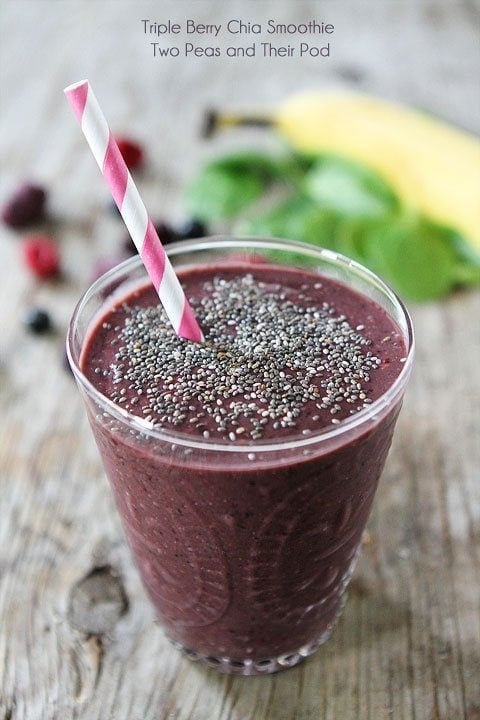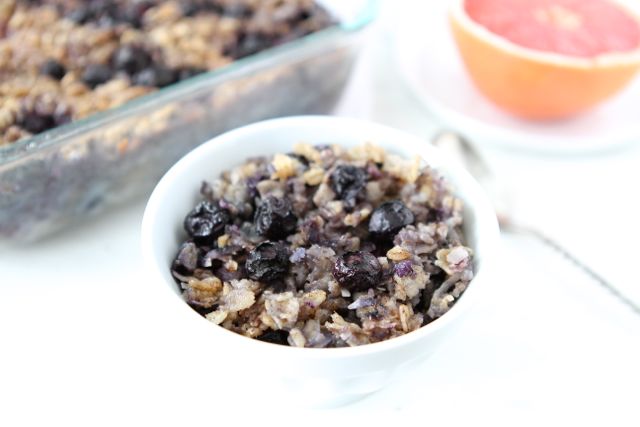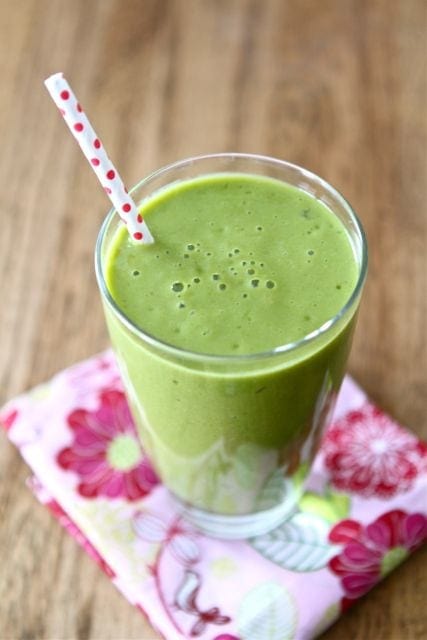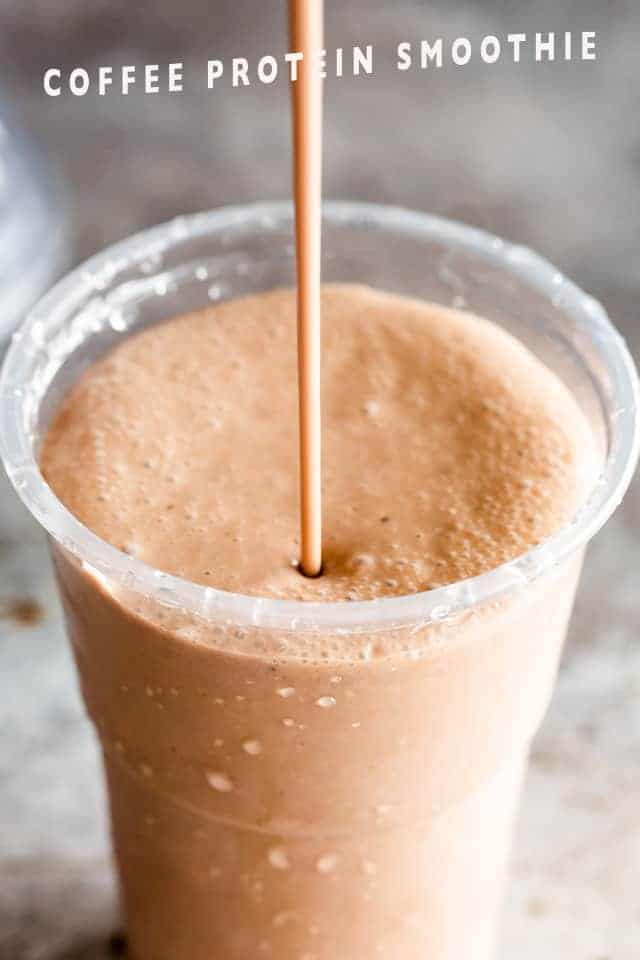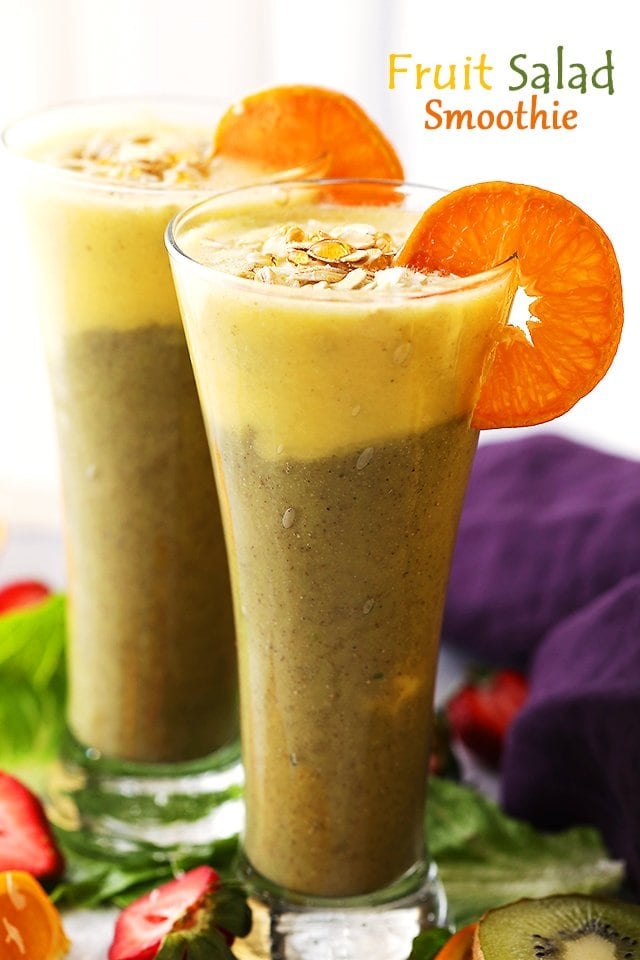Almond Milk: Important Facts, Health Benefits, and Recipes
Explore the health benefits, uses, and history of almond milk in our ultimate guide, and learn how to incorporate this nutritious dairy alternative into your daily life.
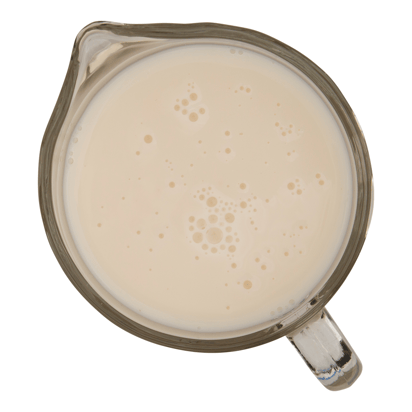
Nutritional Facts
1 cup
Amount per serving
Calories
39.3
Carbohydrates
3.4 g
Fat
2.5 g
Protein
1 g
Saturated Fat
0.2 g
Sodium
188.6 mg
Fiber
0.5 g
Sugar
2.1 g
Best Almond Milk Recipes
-

-

-

-

-

-

-
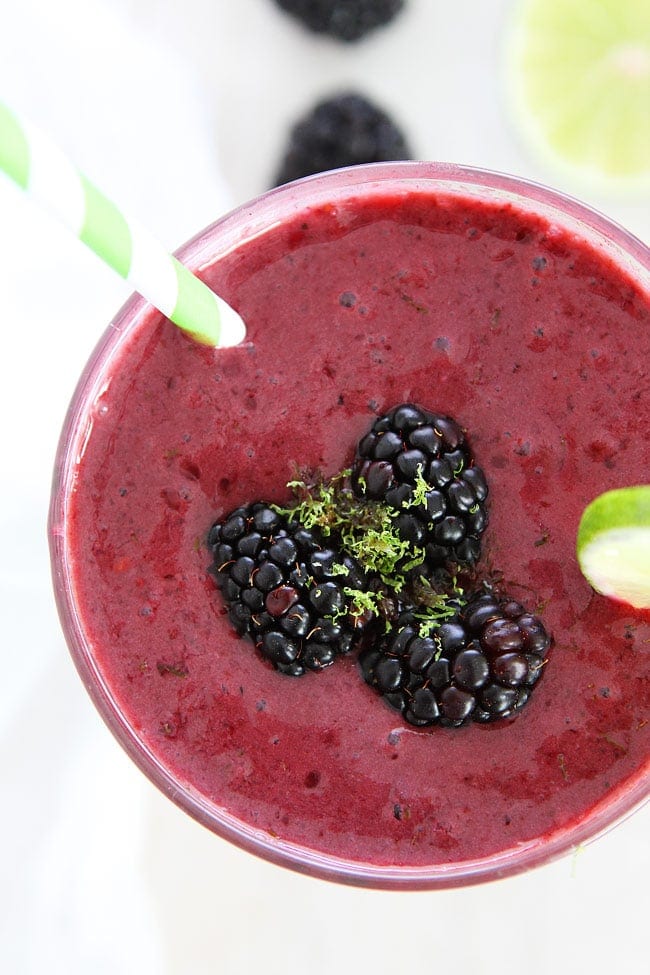
-

-
![Egg Muffins with Kale, Roasted Red Peppers, and Feta Cheese Image]()
-
![Peanut Butter, Banana, and Honey Muffins Image]()
-
![Triple Berry Chia Smoothie Image]()
-
![Almond Cranberry Oatmeal Cookies {Vegan} Image]()
-
![Vegan Chocolate Avocado Cookies Image]()
-
![Baked Blueberry Coconut Oatmeal Image]()
-
![Overnight Blueberry Almond Oats Image]()
-
![Pineapple Mango Green Smoothie Image]()
-
![Blueberry Mango Smoothie Image]()
-
![Creamy Avocado Pasta Salad with Roasted Vegetables Image]()
-
![Chicken Pot Pie with Puff Pastry Crust Image]()
-
![Braised Pork Roast in Almond Milk Image]()
-
![Peach Pie Smoothie Image]()
-
![Yogurt Waffles Image]()
-
![Strawberry Peanut Butter Swirl Smoothie Bowls Image]()
-
![Summer Breakfast Quinoa Bowls Image]()
-
![Apples and Cinnamon Breakfast Quinoa Image]()
-
![Heart-Shaped Chocolate Chip Banana Pancakes Image]()
-
![Brownie Batter Pancakes Image]()
-
![Healthy Pumpkin Oatmeal Shake Image]()
-
![Orange Banana Smoothie Image]()
-
![No Bake Blackberry Tarts with Blueberry Cashew Cream Image]()
-
![Coffee Protein Smoothie Image]()
-
![Rainbow Protein Smoothie Bowl Image]()
-
![Broccoli Bacon Macaroni and Cheese Image]()
-
![Blueberry Pomegranate Smoothie Image]()
-
![Lightened-Up Homemade Hamburger Helper Recipe Image]()
-
![Fruit Salad Smoothie Recipe Image]()
-
![Coffee Smoothie Image]()
-
![Banana Bread Waffles Image]()
-
![Apple Pie Smoothie Image]()
-
![Sweet Basil Panna Cotta Image]()
-
![Post Workout Recharge Drink Image]()
-
![Chia Peach Berry Protein Green Smoothie Bowl Image]()
-
![Strawberries and Cream Protein Bars Image]()
-
![Pineapple Orange Banana Green Smoothie Image]()
-
![Protein Green Smoothie Granola Parfait Image]()
-
![Strawberries and Cream High Protein Breakfast Image]()
-
![Maple-Cinnamon Banana-Pear Baked Oatmeal with Walnuts Image]()
-
![Tahini and Dried Cherry Monster Cookies Image]()




